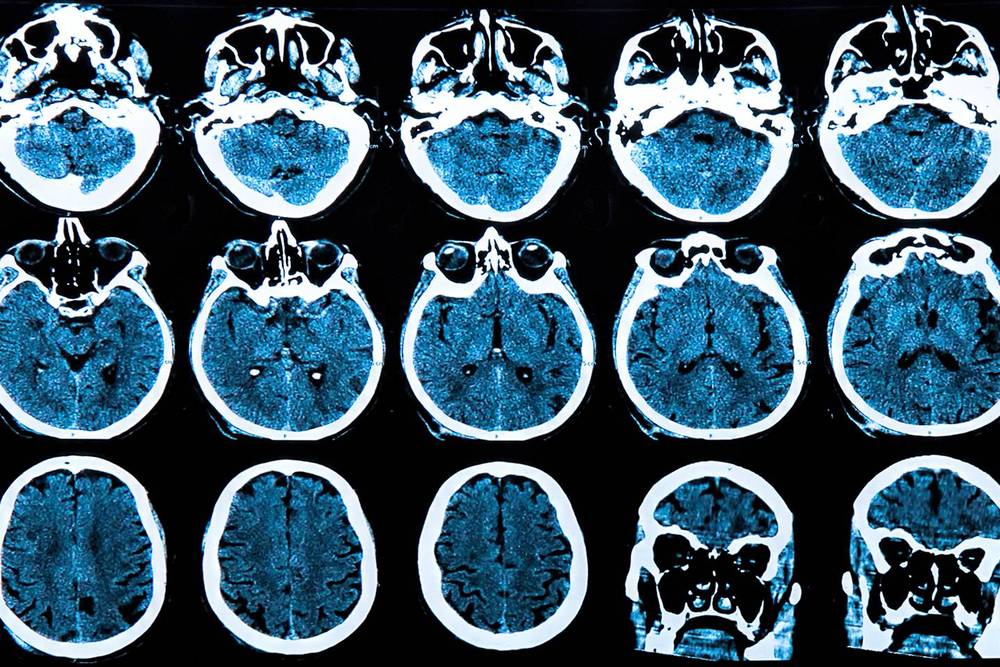A new study from the Johns Hopkins University School of Medicine shows that selectively removing senescent cells—cells that no longer divide—from brains with a form of Alzheimer’s disease can reduce brain damage and inflammation and slow the pace of cognitive decline. These findings, say researchers, add to evidence that senescent cells contribute to the damage caused by Alzheimer’s disease.
“Our results show that eliminating these cells may be a viable route to treat Alzheimer’s disease in humans,” says Mark Mattson, a professor of neuroscience at the School of Medicine and a senior investigator in the Laboratory of Neurosciences at the National Institute on Aging.
A report on the work was published April 1 in Nature Neuroscience.
